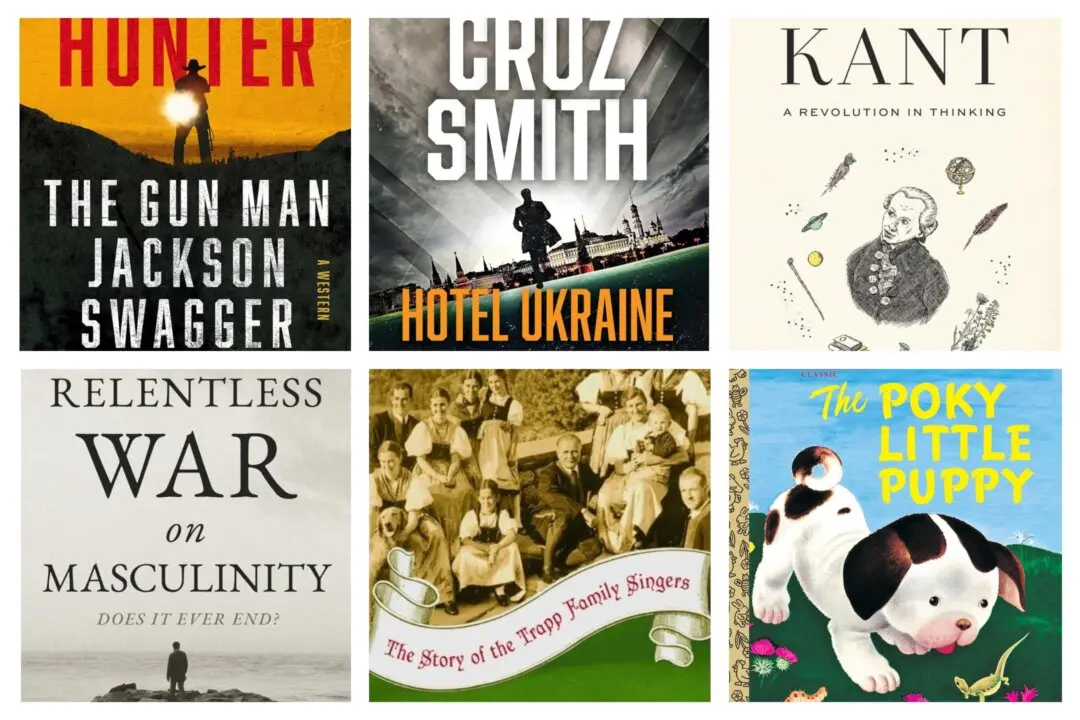New Year’s resolutions don’t have the greatest track record. According to a recent survey by Forbes, more than half of all resolutions are abandoned within the year’s first quarter, and only 6 percent of people report sticking with their resolutions beyond the scope of the year. So should the idea of setting new goals for the new year be abandoned altogether?
Although goals can be set at any time of the year, the new year does offer an environmental advantage over other times. There’s something about the conclusion of festive holidays and the start of a fresh new calendar year, coupled with the social momentum produced by the world conspiring together to make the most of this fresh start, that calls one to reflect, dream, and plan for the future.






